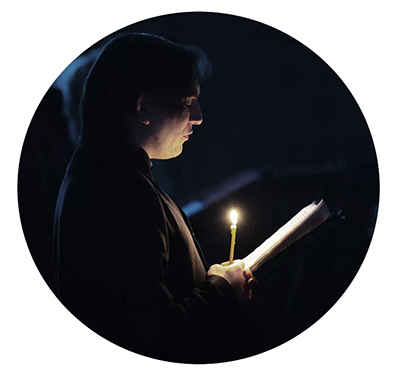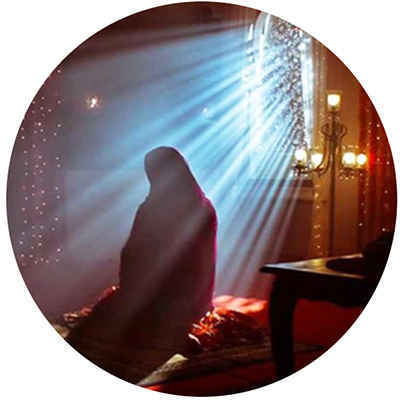Why is 3am the best time to pray?
Reasons Why 3 AM is Considered the Best Time to Pray

Spiritual Significance
3 AM, often referred to as the “witching hour” or the “hour of the soul,” holds a deep spiritual significance in various religious and mystical traditions. This time is believed to be a moment when the veil between the physical and spiritual worlds is the thinnest, making it easier for individuals to connect with the divine. During this quiet and undisturbed time, one can experience a heightened sense of awareness and spirituality, leading to more profound and meaningful prayers.
Psychological and Physical Calmness
At 3 AM, most people are in deep sleep, and the world around us is significantly quieter. This lack of external disturbances creates an ideal environment for introspection and meditation. The mind is more relaxed, free from the distractions of daily life, which allows for a deeper focus and concentration during prayer. Additionally, the body is in a more relaxed state, facilitating a more serene and uninterrupted spiritual experience.
Historical Facts

Early Christian Practices
In early Christianity, the practice of praying at specific hours, known as the Liturgy of the Hours, was developed. Monks and nuns often woke up during the night to pray. One of these designated times was around 3 AM, known as the “Matins” or “Vigils.” This practice emphasized the importance of night-time prayer and was believed to be a time of spiritual vigilance.
Islamic Tradition
In Islam, the period before dawn, known as “Tahajjud,” is highly recommended for voluntary prayers. It is believed that during this time, Allah descends to the lowest heaven and listens to the supplications of believers. The Prophet Muhammad himself is reported to have frequently engaged in night prayers during this time, and it is considered one of the most rewarding times to pray.
Mystical Traditions
Mystical traditions, example: those found in Sufism, Kabbalah, and various Eastern philosophies, also highlight the importance of night-time spiritual practices. These traditions often teach that the energy of the universe is different during the early morning hours, providing a unique opportunity for spiritual growth and enlightenment.
Modern Scientific Perspectives
Circadian Rhythms
Modern science supports the idea that our body’s circadian rhythms influence our sleep and wake cycles. Around 3 AM, the body is typically in a state of deep sleep, characterized by rapid eye movement (REM) or slow-wave sleep. Waking up during this period can lead to a state of heightened brain activity and creativity, which can be channeled into prayer and meditation.
Psychological Benefits
Studies have shown that engaging in regular prayer or meditation can have significant psychological benefits, including reduced stress, increased feelings of peace, and improved emotional health. Praying at 3 AM, when the mind is free from the day’s worries, can amplify these benefits, leading to a more profound sense of well-being.
News and Contemporary Relevance

Increased Interest in Night-Time Prayer
In recent years, there has been a growing interest in night-time prayer and meditation across various spiritual communities. Online platforms and social media groups dedicated to night-time spiritual practices have seen an increase in participation. Many people share their experiences and testimonies of how praying at 3 AM has positively impacted their lives, fostering a sense of global spiritual community.
Health and Wellness Trends
The wellness industry has also recognized the benefits of early morning spiritual practices. Wellness retreats and programs now often include early morning meditation and prayer sessions, highlighting the importance of starting the day with a focused and peaceful mindset. This trend underscores the modern understanding of the holistic benefits of integrating spiritual practices into daily routines.
The practice of praying at 3 AM is rooted in a rich tapestry of historical, spiritual, and psychological reasons. Whether viewed through the lens of ancient traditions or modern scientific insights, the significance of this time for spiritual activities remains profound. As interest in holistic wellness and spiritual growth continues to rise, the practice of night-time prayer is likely to remain a cherished and beneficial ritual for many.












